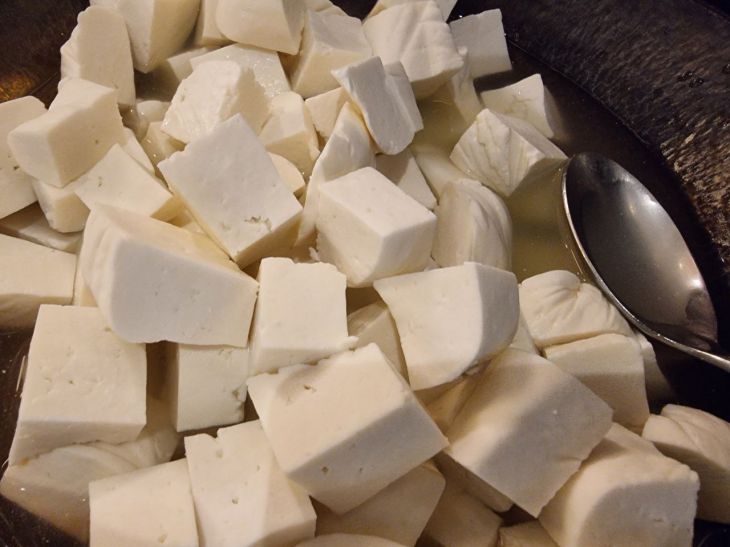Can Dogs Eat Cheese According to Veterinarians
Some human foods are extremely dangerous for the health and life of dogs.
Can Dogs Eat Cheese
Some cheeses are safe for dogs, but only in small portions.
Choose low-fat cheeses for your pet and give your dog a tiny piece as a treat.
Avoid processed, smoked, moldy, brine-based, or deli cheeses.
Avoid cheeses that contain garlic, onions, salt, spices, and spicy foods.

These types of cheese contain additives and preservatives that are not good for your dog’s health and may even be harmful.
Highly processed cheeses do not provide any nutritional benefits to dogs.
They contain many additives that are not suitable for your dog’s digestive system.
Regularly feeding your dog fatty foods, including fatty cheeses, can lead to unhealthy weight gain and even obesity.
Obesity in dogs can cause a range of health issues, including joint problems, diabetes, and heart disease.
High-fat cheeses can also cause gastrointestinal issues in dogs, such as vomiting and diarrhea, especially if consumed in large quantities.
Dogs have a different digestive system compared to humans, and their bodies are not equipped to handle large amounts of fat.
If your pet experiences any adverse reactions after eating cheese, it's important to consult your veterinarian immediately.
In addition to the potential health risks, feeding your dog cheese can also contribute to bad habits.
Dogs may start to beg for human food more frequently, which can lead to overfeeding and an unbalanced diet.
It's essential to maintain a balanced and nutritious diet for your dog to ensure their overall health and well-being.


